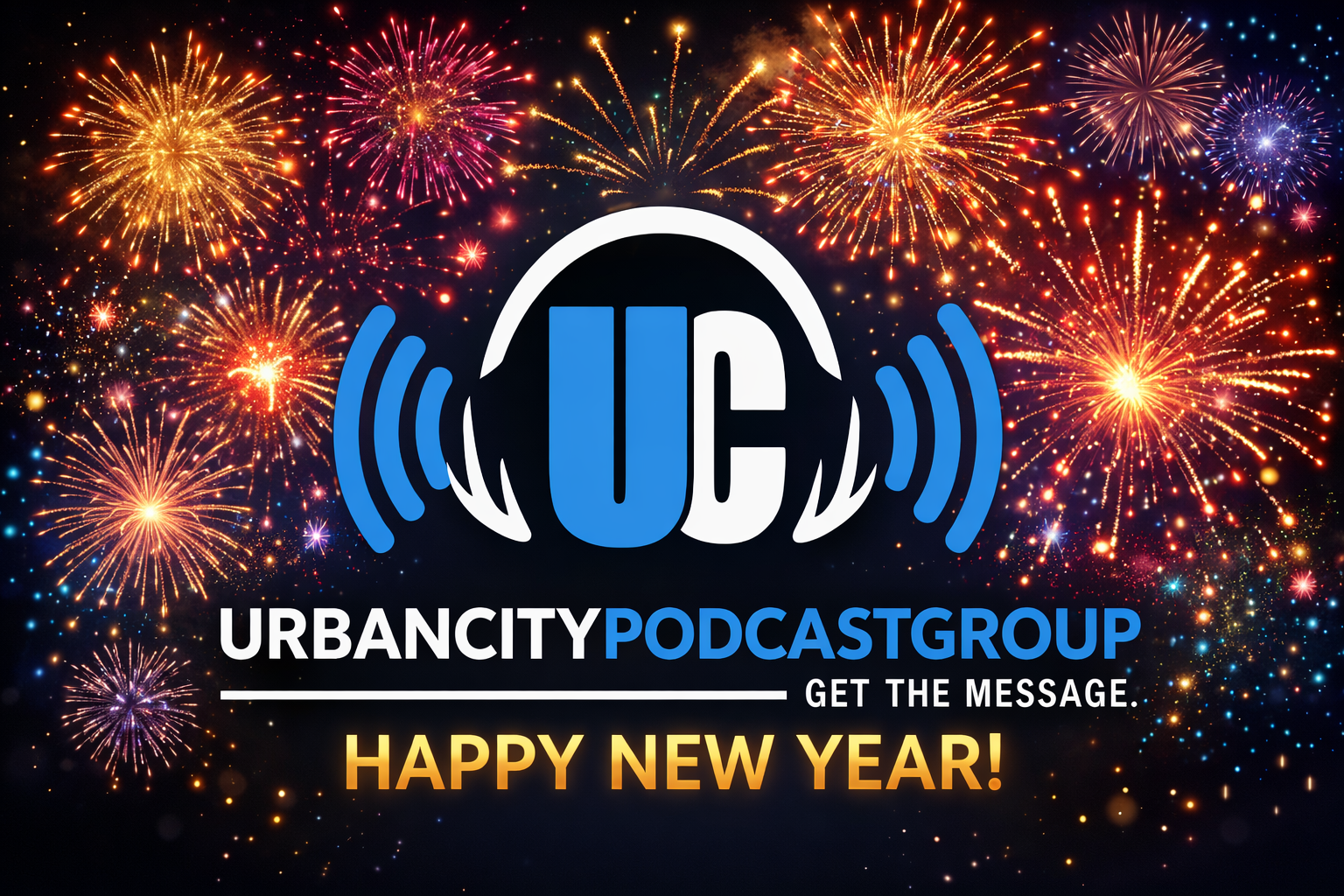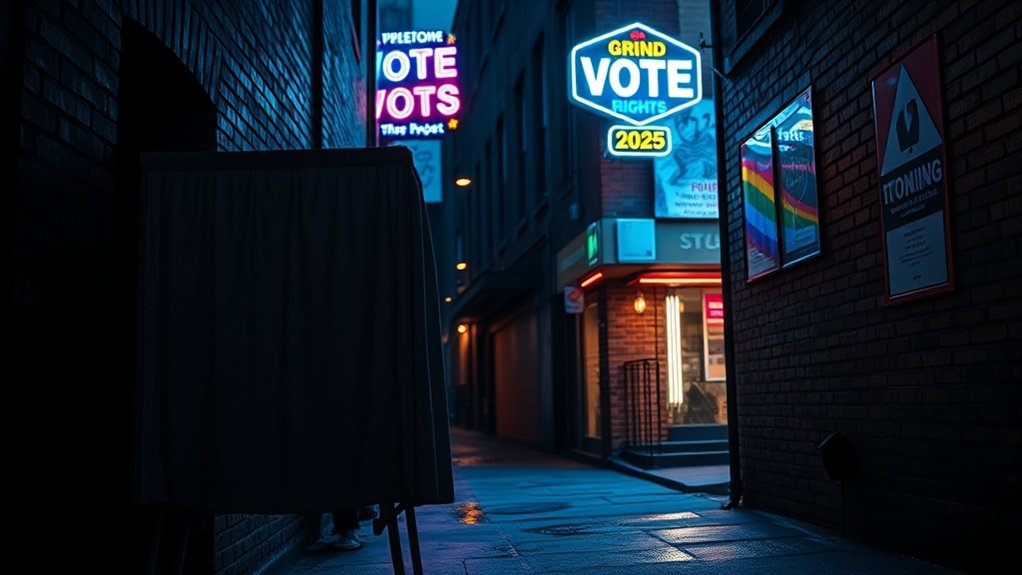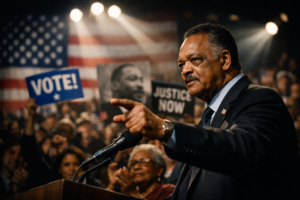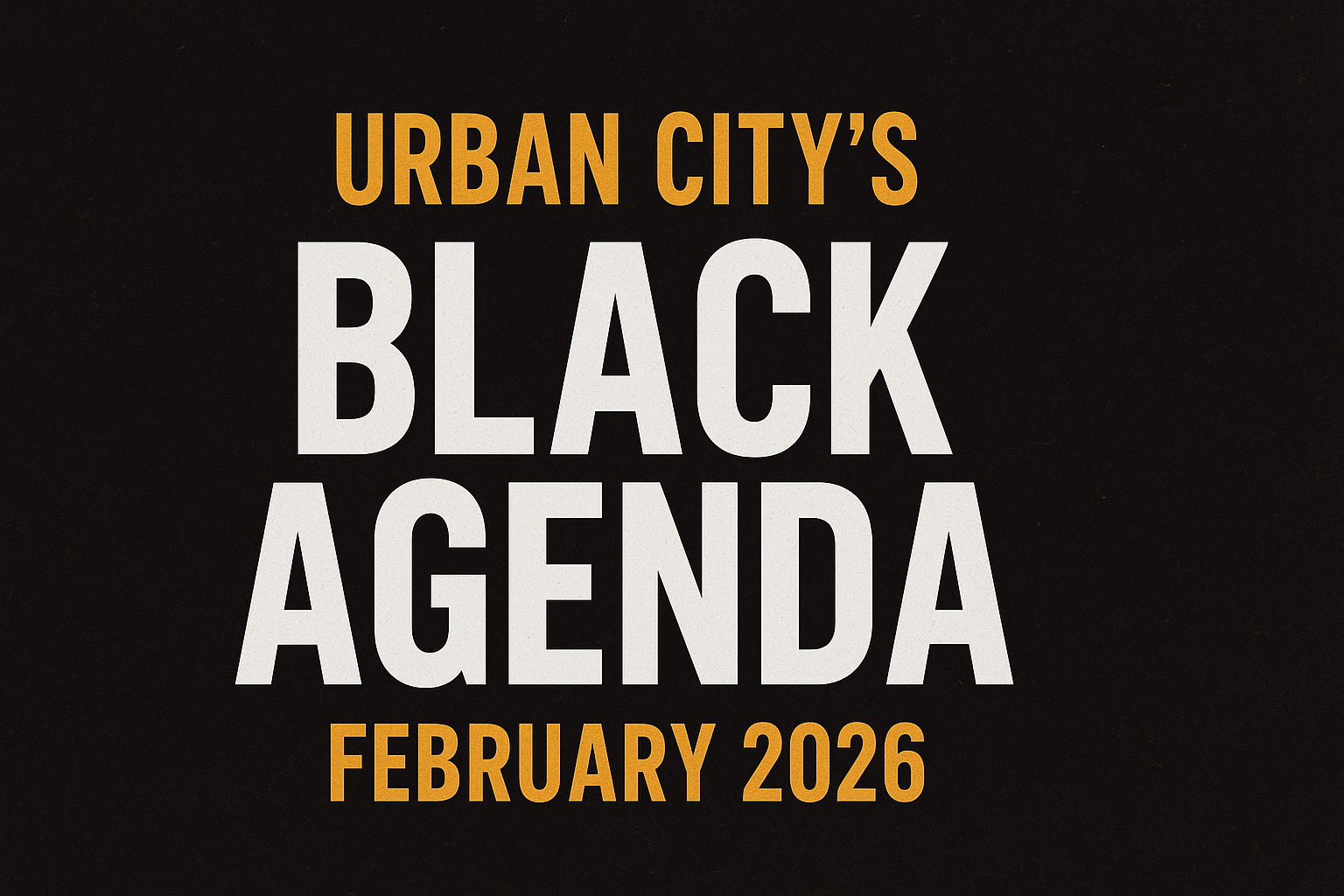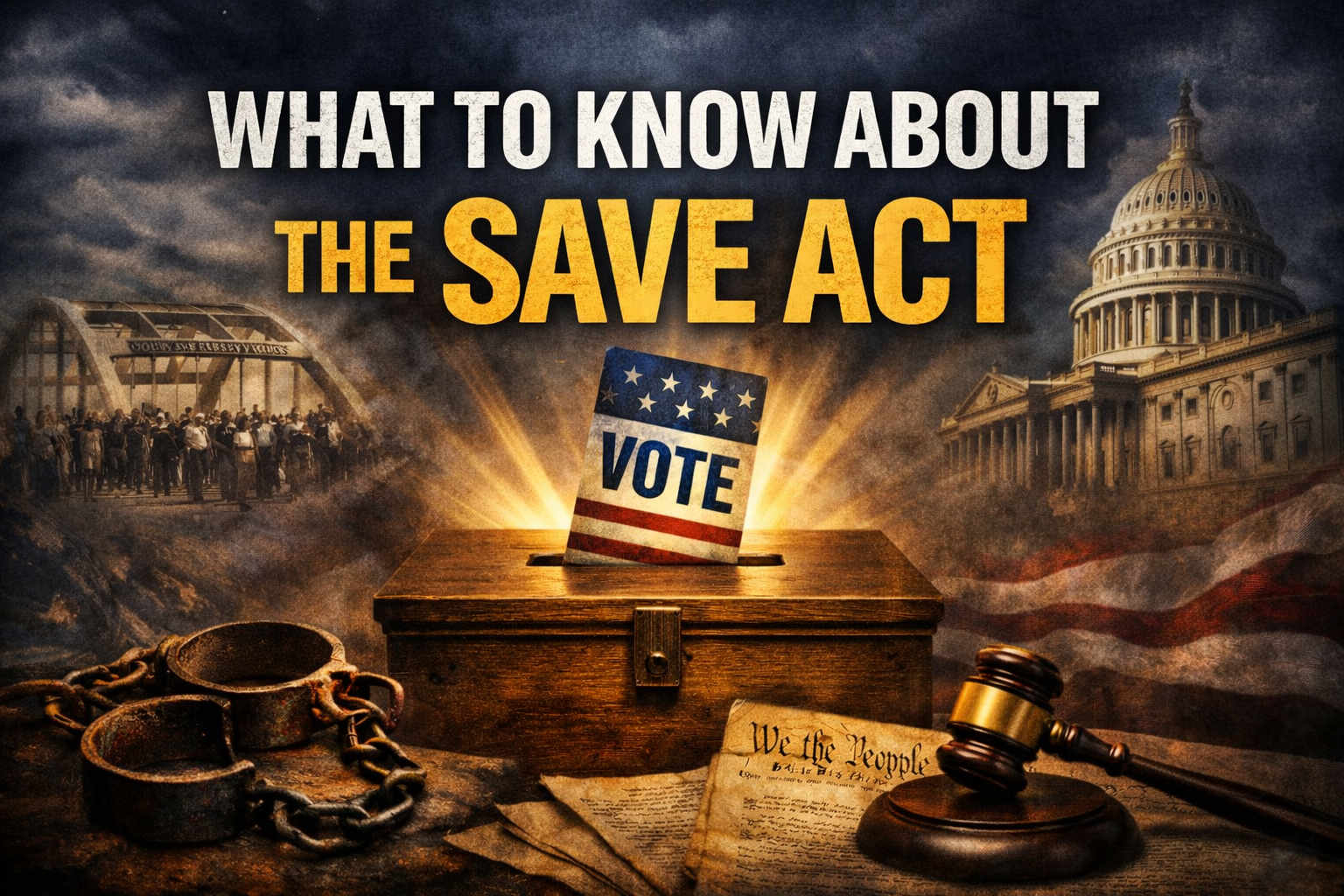Key Takeaways for Voting in 2025
- Stricter documentation requirements and proof of citizenship laws have been enacted to enhance election integrity.
- States are actively enforcing voter purges, which affect eligible voters and lead to legal challenges.
- Staying informed about these changes is crucial for safeguarding your voice in the community.
Navigating Changes in Voter Regulations
Did you know that as of 2025, stricter documentation requirements and proof of citizenship laws have been put in place to boost election integrity? States are actively enforcing voter purges, impacting eligible voters and sparking legal challenges.
These changes could reshape how you engage in local elections.
So, staying informed has never been more critical for safeguarding your voice in the community. Will you be prepared to maneuver through these updates?
Recent Voting Laws
This means you’ll need proper documentation like those that meet the REAL ID Act standards.
Citizen verification is essential as states meticulously maintain voter rolls, removing non-citizens. However, modern tactics like voter purges often inadvertently remove even eligible voters from the registration rolls. Yet, they must also guarantee voter accessibility by allowing alternative processes to prove citizenship. With only one in three new laws promoting improved voter access, it’s crucial to stay informed about your state’s requirements to ensure an easy voting experience.
While some states propose harsh penalties for missteps, you can be proactive and informed.
Get your documents ready. Engage and educate others in your community. Feel empowered and ready to steer through these changes for your voting future!
States Leading Reform
Amidst changing tides in voting laws, some states are stepping up with bold reforms aimed at reshaping the electoral terrain.
Have you heard about the new voter access changes? Over 160 state bills now demand proof of citizenship for voter registration. This trend’s designed to bolster election integrity by ensuring only citizens vote, despite skepticism about its necessity.
Kansas and Arizona have tried similar measures before. However, they faced backlash for blocking eligible voters, especially among younger folks and communities of color.
Also, certain states are dialing back mail voting, nixing grace periods for ballots and tightening ID rules. These moves are sparking conversations on the delicate balance between access and integrity.
Understanding these shifts empowers communities to maneuver and advocate effectively.
Legal Challenges Underway
When voting rights are under fire, the community’s voice gets louder. Election lawsuits are mounting, challenging restrictive laws that put up barriers to your vote.
Elias Law Group has jumped into the fray, filing lawsuits in Florida, Wisconsin, Wyoming, Indiana, Kansas, and Montana. They’re targeting issues like proof of citizenship requirements and bans on student IDs, which smack of voting discrimination. It’s a big pushback against state laws that threaten your rights.
Meanwhile, federal battles are heating up. Cases reach the Supreme Court, highlighting attempts to weaken protections under the Voting Rights Act. These elections and changes could redefine access to the ballot.
Stay informed, and add your voice to the chorus. As legal challenges continue, your advocacy matters more than ever.
Impact on Local Elections
Despite the legal battles unfolding in courts, there’s a powerful story playing out in your local neighborhood—one where your vote carries extraordinary weight. Local elections affect everything from school policies to library board decisions. When local officials are elected, they’re empowered to shape local policies that directly influence your community, especially through voter engagement. You hold the power to impact decisions on polling hours, early voting, and absentee ballots. In order to navigate these options effectively, it’s crucial to verify state identification requirements to ensure you’re prepared to vote without barriers. Check out this table for insight:
| Decision Type | Who Decides | Community Impact |
|---|---|---|
| Polling Hours | Local Officials | Access and turnout |
| School Curriculum | School Boards | Education equity |
| Library Governance | Library Boards | Information access |
Resources to Protect Your Vote
You’ve got the power, and it’s time to talk about how you can protect your vote from any threats.
Voter outreach efforts are critical. Hotlines like 1-(877) 321-VOTE in California and 866-OUR-VOTE nationally provide real-time support. Get voter registration or absentee ballot help. Connect with organizations like the NAACP Legal Defense Fund for additional legal support.
Election security measures guarantee fairness. Access trusted resources such as Vote.gov and the Federal Voting Assistance Program for accurate information.
Nonpartisan platforms like the Easy Voter Guide simplify voting procedures. For voters with disabilities, programs like Remote Accessible Vote-by-Mail assure accessibility.
Advocacy and litigation efforts fight voter suppression and uphold your rights. Adopt these resources to make your vote count!
Assessment
Navigating the shifting landscape of voting laws can feel daunting. But hey, knowledge is power, right? By staying informed, you’re standing up for your community’s voice.
Advocate for your rights because nowadays, every vote truly matters. Keep tabs on legislation and get involved locally. After all, it’s the squeaky wheel that gets the grease.
You’ve got the power to spark change and ensure every voice is heard. Use this strength to uplift your community towards a brighter future.
